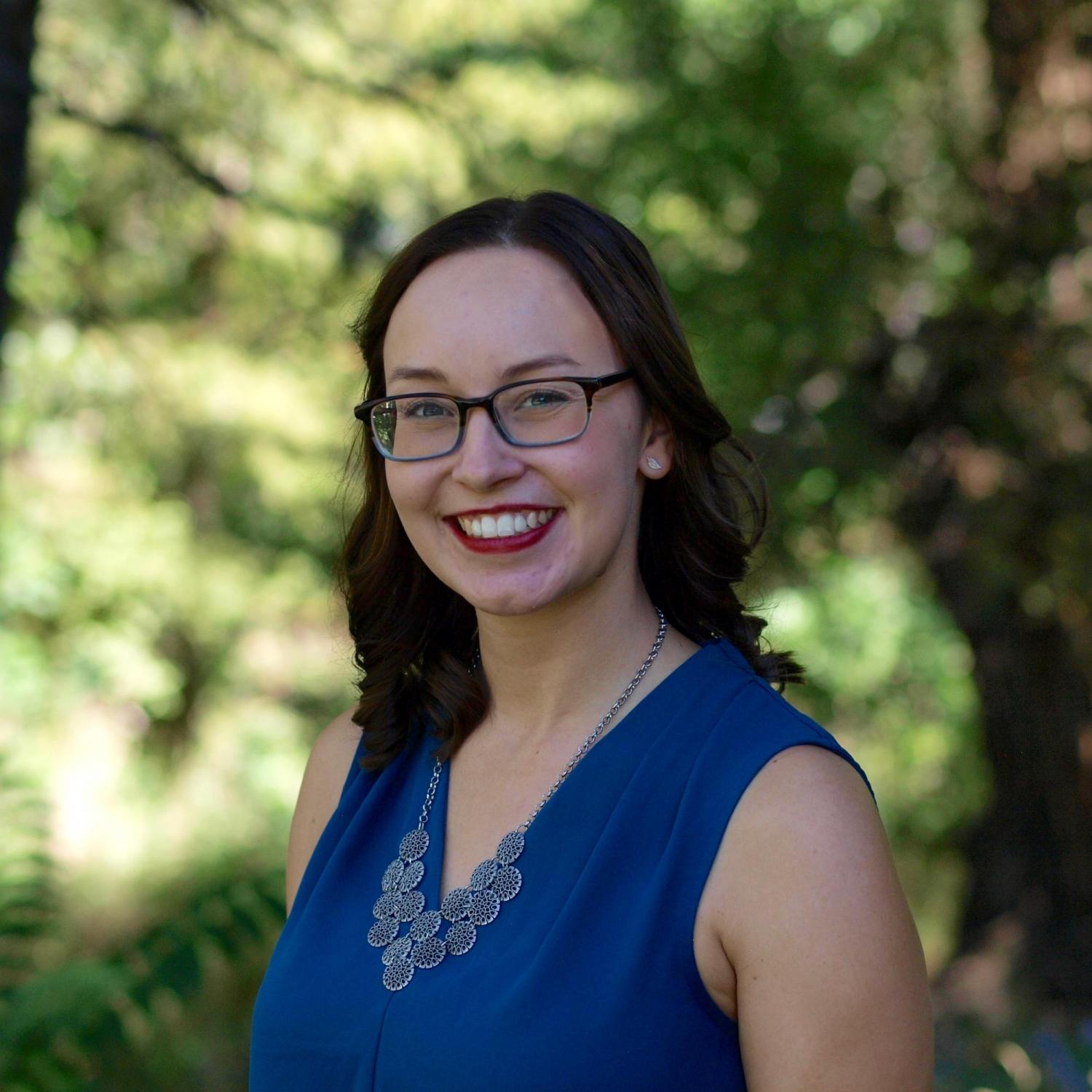Teaching Excellence Spotlight - Kellie Brownlee

Kellie Brownlee is a fourth year PhD student studying Communication. Her research focuses on applied ethnography, cultural discourses, and community organizations working with marginalized groups. Kellie was recently awarded a Teaching Excellence Award based on her teaching philosophy and dedication to her students. We asked Kellie a few questions to learn more about her as a teacher and get to know her better. Read more below!
What is your favorite part about teaching?
Students always teach me just as much as I teach them, and I love learning about how their experiences connect to the concepts we cover in class. I also love watching students grow in their education and helping them realize their goals.
Please tell us a bit about your pedagogical philosophy.
To be an effective teacher, I believe it is essential to remember what it was like being a student. Each student has different goals and it is vital to adapt one’s teaching to meet those needs. At the same time, the value of education is that it can expose you to new ways of thinking and a diversity of ideas. My priority is to promote equity and inclusion among my students by valuing their backgrounds, perspectives, and experiences. I make sure to incorporate a variety of readings and examples that challenge students to consider new points of view. As a whole, my teaching style emphasizes co-learning with students and the practical application of theory.
Is there a particular story from the classroom you would like to share?
One of my strongest teaching memories is when I taught public speaking, which is nerve-racking for a lot of students. One day, a student was very anxious and they ended up running out of the classroom only one minute in to giving their speech. I paused class and went to find the student in the courtyard. I was able to help them calm down and share with them about my own mental health struggles and anxiety. Eventually the student was able to give their speech and was so thrilled about overcoming that fear. Later on they told me that it was really meaningful when I shared my own story and that they never had such a compassionate and caring teacher. Since then I've been more vulnerable with my students about my own struggles and every semester I see students open up more. It is an honor to know that I can help them in some small way and that they then give me hope in return.
What is a favorite teaching resource you would like to share with other graduate teachers?
My favorite exercises in the classroom are reflective writing activities. Sometimes they are about applying course concepts to their life, noting what they already know about a topic, or questions they still have. I don't grade the reflections or require them to turn anything in, but it helps the more reserved students to engage with the material on their own first and then they are more comfortable sharing afterwards. I also believe personal reflection is a skill that many people aren't taught or encouraged to do, so this helps them understand how reflexivity extends their knowledge beyond the classroom.
Tell us a fun fact about you that is not related to your teaching and research.
I've been to Disneyland at least 100 times.
What is a good book you have read recently and why did you enjoy it?
I just finished Jenny Lawson's book "Broken (in the best possible way)" and loved how it talked about mental health in an honest and hilarious way. I laughed, cried, and was comforted by hearing her stories about the ups and downs of embracing our own brokenness.
If you could have dinner with anyone (living or dead), who would it be and why?
It's probably a three way tie between the author Ursula K. Le Guin, filmmaker Ava DuVernay, or mountaineer Junko Tabei.

